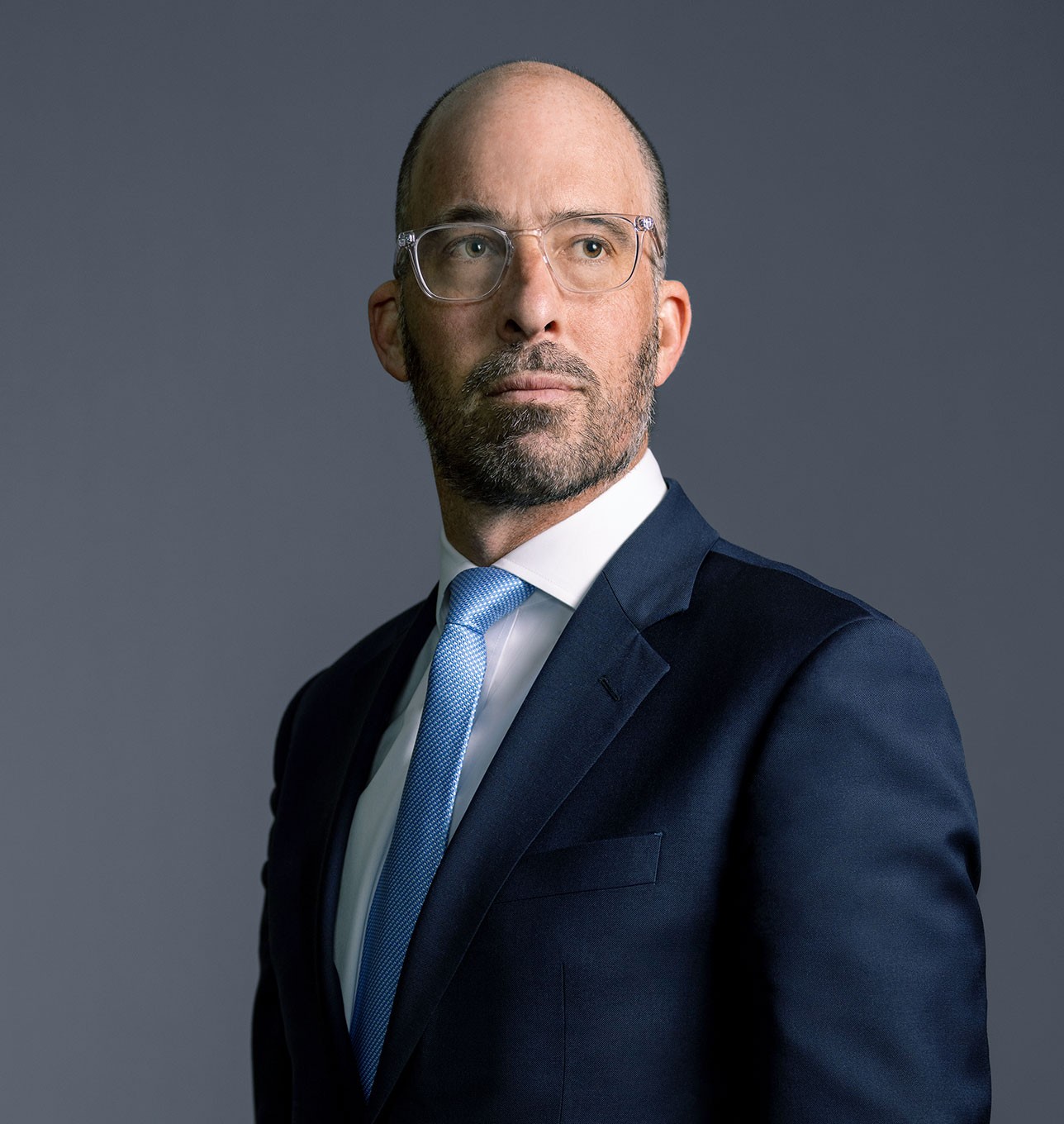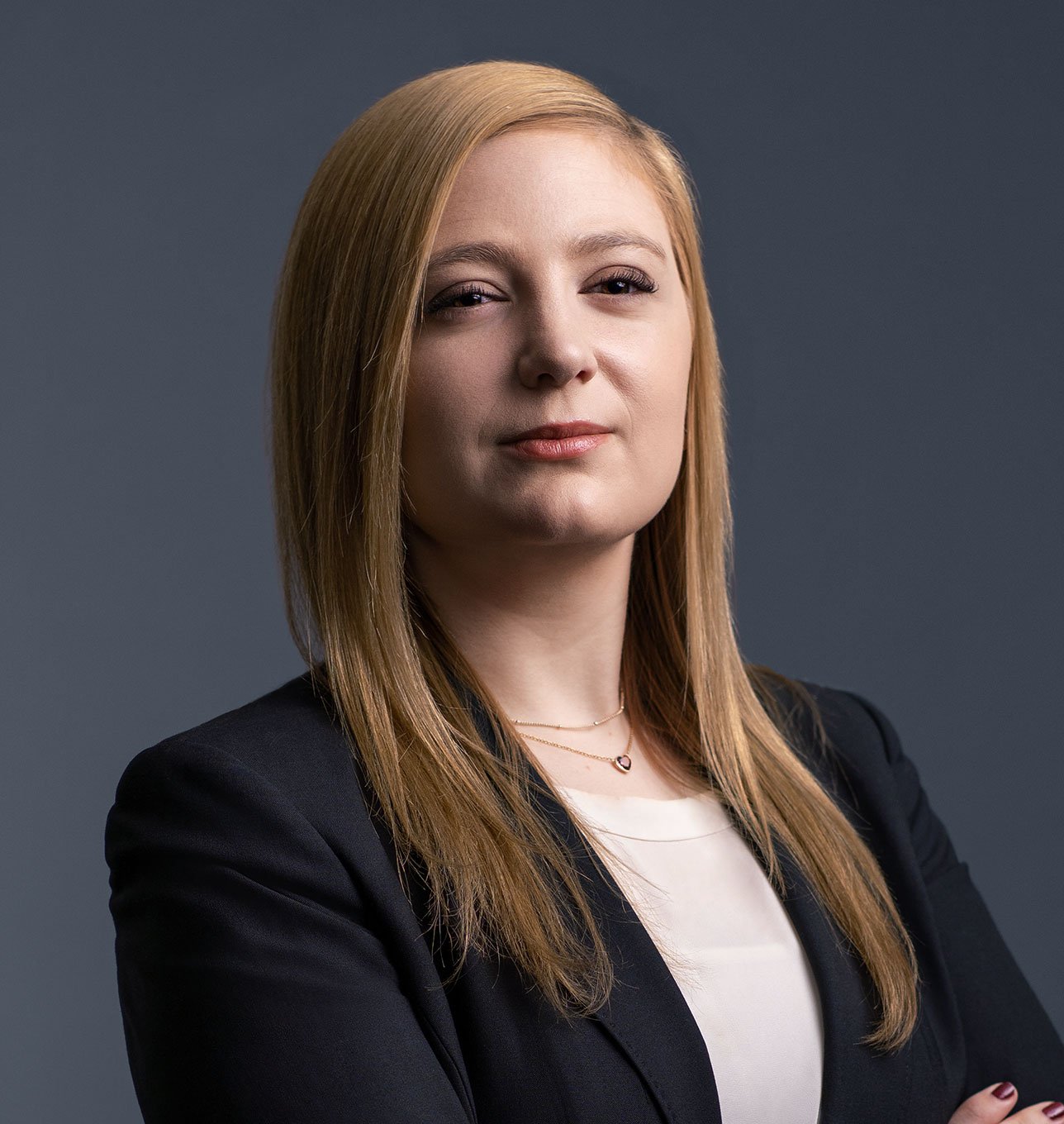Attempting to Close the Shops: New York and Virginia Adopt Random Case Assignment to Discourage Forum Shopping
The Bankruptcy Court for the Southern District of New York (the “SDNY”) has been a longstanding epicenter of Chapter 11 filings. Historically seen as one of the more pro-debtor forums in the country, large companies often filed in the SDNY to take advantage of that stance. Some debtors appear to have attempted to direct their cases to specific judges within the district who were seen as particularly pro-debtor. One recent example was the bankruptcy filing by OxyContin producer, Purdue Pharma. Facing a historic indictment by the Department of Justice, along with mounting tort claims relating to the marketing of its drugs, Purdue—a company headquartered in Connecticut—changed the mailing address of one of its units from Albany to White Plains six months before filing for bankruptcy.[1] As a result, Purdue was able to file its petition in the bankruptcy court in Westchester (within the Southern District) so that it could be heard by Judge Robert Drain, a longtime judge with extensive experience over cases for large-chapter 11 debtors and the only commercial bankruptcy judge in Westchester.[2] Purdue rationalized its decision by stating that “White Plains is about 15 miles from our corporate headquarters and is the closest federal Bankruptcy courthouse,” yet many took issue with this supposed rationale.[3] Purdue was also not an isolated case. Nationwide, a subset of three judges (including Judge Drain)—out of the total three hundred and seventy-five bankruptcy court judges—heard 57% of all large public company Chapter 11 filings in 2020.[4]
Following the controversy surrounding Purdue, as well as a lull in filings nationwide, in November, the SDNY elected to adopt a random case assignment system. Specifically, subdivision (f) of Local Bankruptcy Rule 1073-1 now states:
- Mega Chapter 11 Cases. Notwithstanding subdivision (a) of this rule, the Clerk shall assign a mega chapter 11 case to a Judge in the District by random selection irrespective of the courthouse in which the case is filed. A chapter 11 case qualifies as a mega chapter 11 case if the assets or liabilities of the debtor are equal to or greater than $100 million. A multi-debtor chapter 11 case qualifies as a mega chapter 11 case if the cumulative assets or cumulative liabilities of the filing debtors are equal to or greater than $100 million.[5]
Therefore, as of December 1, cases filed in the SDNY are to be assigned on a random basis to judges irrespective of the courthouse in which they are filed. As part of this rule, any SDNY judge can preside over a case in a courthouse where he or she is not usually assigned. Chief Judge Cecelia G. Morris explained that she hopes the adoption of this system will result in a more balanced utilization of judicial resources.[6] Judge Drain himself also commented that he “supported the change unanimously.”[7] Such adaptation now places the SDNY on par with the District of Delaware—another longstanding hotspot for mega chapter 11 cases—which already had a random assignment system in place. This move is likely to prevent debtors from “judge shopping” within the district.
Within a month of the SDNY’s announcement, the Bankruptcy Court for the Eastern District of Virginia (the district that contains Richmond and Alexandria) also implemented a similar rule.[8] Like the SDNY and Delaware, the Eastern District in Virginia has recently attracted a slew of large Chapter 11 filings largely due to the perceived reliability of its experienced, two-judge court.[9] That forum, along with the Southern District of Texas (which includes Houston), actually has been on track to usurp New York and Delaware in number of large case filings, having had 18 mega cases filed in 2020-21.[10] According to Standing Order 21-21, which will take effect on February 15, 2022, cases in the Eastern District of Virginia in which a debtor has more than $100 million in either assets or liabilities will be randomly assigned to one of any six judges, without regard to the city in which the case is filed.[11]
The adaptations made by the SDNY and the Eastern District of Virginia appear to be a response to growing criticism of bankruptcy forum shopping nationwide. Purdue’s filing, for example, prompted the proposal of House Resolution No. 4193, which would require chapter 11 filings to be heard either in the state of the debtor’s principal place of business or where the debtor maintains its main assets.[12] Advocates of the bill argue it is necessary to promote equity in reorganizations for creditors, as well as more neutral case administration by judges. In particular, critics of the current regime argue that the centralization of large cases in certain districts without regard to the debtors’ principal places of business often disadvantages low or middle income claimants who may be unable to participate in the proceeding.[13] Representatives Zoe Lofgren (D-CA) and Ken Buck (R-CO), who introduced the bill, said H.R. No. 4193 will “ensure the case is heard in a court familiar with all the affected stakeholders.”[14] The bill also has support of a majority of state attorney generals along with several others from both parties.[15]
[1] Alexander Saeedy, New York Bankruptcy Court to Randomly Assign Judges to Large Chapter 11 Cases, Wall St. J. Pro Bank., Nov. 22, 2021. New York Bankruptcy Court to Randomly Assign Judges to Large Chapter 11 Cases (wsj.com).
[2] Id.
[3] Alex Wolf, Purdue Pharma Bankruptcy Spotlights Venue Shopping Battle, Bloomberg L., July 30, 2021. Purdue Pharma Bankruptcy Spotlights Venue Shopping Battle (1) (bloomberglaw.com).
[4] James Nani, N.Y. Mega Bankruptcies to Get Random Judges After Purdue Furor, Bloomberg L., Nov. 22, 2021 N.Y. Mega Bankruptcies to Get Random Judges After Purdue Furor (2) (bloomberglaw.com).
[5] United States Bankruptcy Court for the Southern District of New York: Modification in Assignment of Mega Chapter 11 Cases (2021).
[6] Supra note (3/4).
[7] Supra note 1.
[8] Stephanie Gleason, The standing order for the Eastern District follows a similar one from New York, The Deal, Dec. 6, 2021, The Deal Virginia Widens Pool of Judges for Big Ch. 11 Cases.
[9] Id.
[10] Id.
[11] United States Bankruptcy Court for the Eastern District of Virginia: Standing Order (2021).
[12] Supra note 4.
[13] Id.
[14] Id.
[15] Id.



